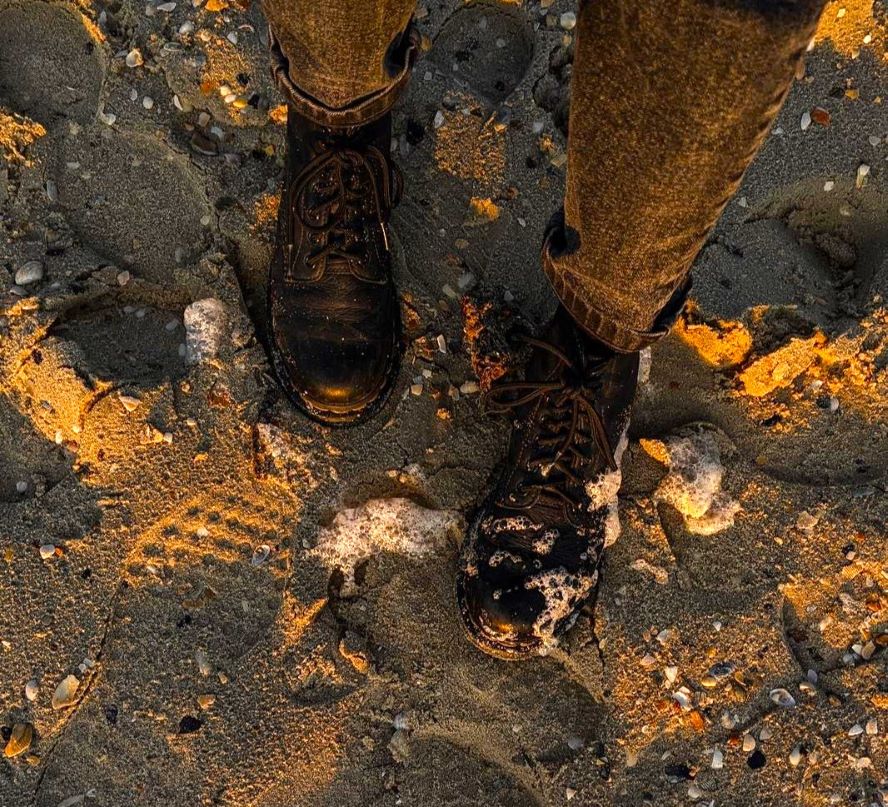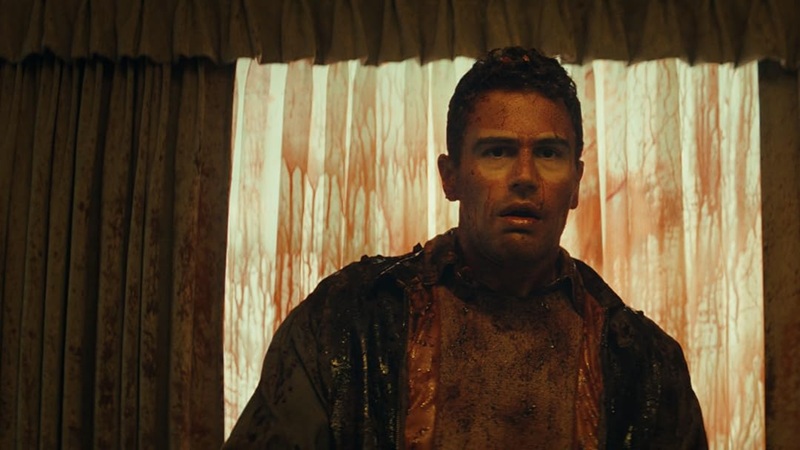Film review of The Alto Knights, an overfamiliar take on a true crime saga
Robert DeNiro gives us two for one, starring in director Barry Levinson’s depiction of a historic Mafia episode.
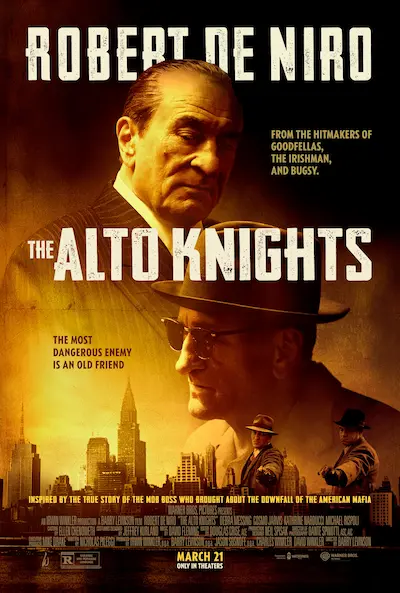
After 1991’s Bugsy, Oscar-winner Barry Levinson returns to the life, helming author Nicholas Pileggi’s biographical account of the collapsed camaraderie and clash between two of the most storied Mafia chieftains, Frank Costello and Vito Genovese. Played by Robert DeNiro, and Robert DeNiro. Family. Loyalty. Jealousy. Betrayal. All the ingredients for the crime-cinema cocktail. This power struggle for the streets banks on that to clip notions that, the actor who iconified the gangster genre here portraying two main characters is just a gimmicky twist.
The title comes from the social club Costello and Genovese matured in as mafiosi, the comfortable ambience now faded as times have changed, roles have reversed, and Genovese returns from an exodus with a menacing drive to attain dominance in the family that his peer now has evolved. Through the voice of Costello, DeNiro narrates the mob saga. Again, just like Goodfellas, Casino, and The Irishman. The mirrored use of narrated introductions to various wise guys over quick cuts of their faces is straight out of the Scorsese playbook. It could be interpreted as paying homage, or tracing another’s recognizable template.
Film direction rings echoes of previous classics
With a solid pace, never too slow or fast, balanced tension rewards viewers’ patience, hitting the right notes at the right times. Covering milestones in the annals of organized crime history, we’re given commonplace features like the Copa Cabana, Little Italy, and courtroom hearings. Initially friends, time illustrates their different approaches to their sworn life of Omerta, and why they reach an incompatible conflict.
The story’s essence is the divergent boiling point that questions identity. Gangster or gentleman. Unwilling to surrender his proud position as pure racketeer, Genovese is suspect of Costello’s acclimation to more civil business policies. Naturally, Costello’s concern palpitates over his comrade’s conspicuously brash ambitions. Its’ Vito’s decision to enter the lucrative but risky drug market which Frank fears will only bring harm to all mafia. Permanent lines are drawn that threaten lives.
Rising stakes heat up the plot’s tension
Audiences won’t find the two bosses sharing the screen much, which probably helps sell that it’s the same actor playing two different guys. They aren’t twins. This ain’t Double Impact with Van Damme. The detailed makeup and costume design creates convincing distinctions between Genovese and Costello, and DeNiro’s contrasting accents and tones arrive as the cavalry. Sadly, the supporting cast doesn’t offer much support. Despite indistinct faces and unmoving roles, it’s the dueling Dons that keep the viewer on the take.
It's noticeable the star(s) doesn’t seem to deliver dialogue with the same striking demeanor that cemented his status. Maybe the lines are just less memorable, but they fail to arrest your attention, and you probably won’t hear people spouting any quotes along with other classics of the sort.
Genovese is unabashed in his vicious pursuit of being the boss of all bosses. Although Costello may not be aware or acknowledge it, he too fights with his own methods to keep Vito from the top seat. It Checkers VS Chess as the infamous Apalachin meeting looms for all La Cosa Nostra. This film doesn’t reinvent the wheel. It doesn’t even change the tire. A knife like that only slices expectations one of two ways, either assuring anticipation for some, or underwhelming those eager and open-minded for another standard.
© All rights reserved
You Might Be Interested
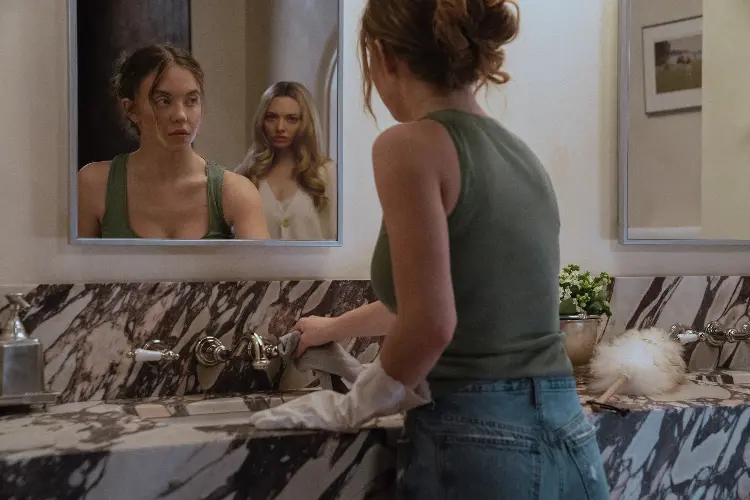
Review of The Housemaid: Sydney Sweeney stars in new thriller
The Housemaid boasts shocking twists under a poker face, but shows its’ cards too early
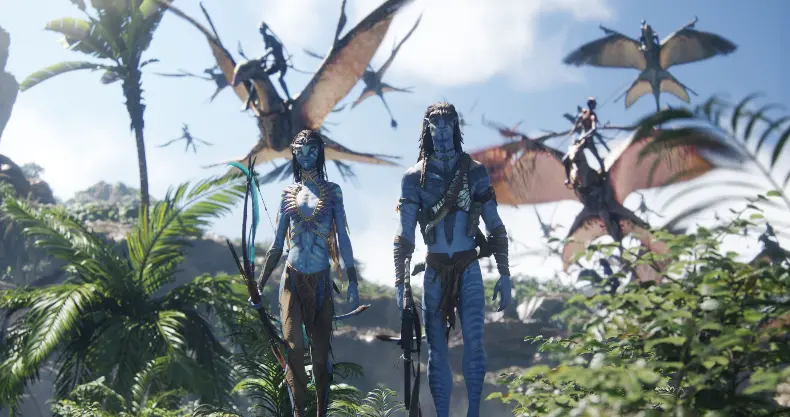
Avatar: Fire and Ash review: James Cameron is back for box-office blood
The Oscar-winning filmmaker’s latest wrestles between mesmerizing optics and deep storytelling, tiring itself out.
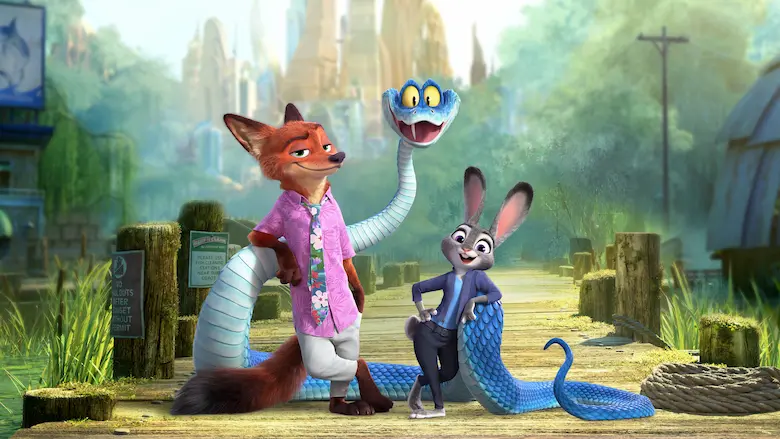
Zootopia 2 review: Disney Animation’s sequel pushes visual boundaries
Proving the first film was no one-trick pony, Disney grabs the bull by the horns for a second amusing animal adventure
-Bufo-(credit)-Max-Smeds.jpg)
Review of Shadowland, the documentary about Richard Stanley
Directed by Otso Tiainen, in competition at the Torino Film Festival
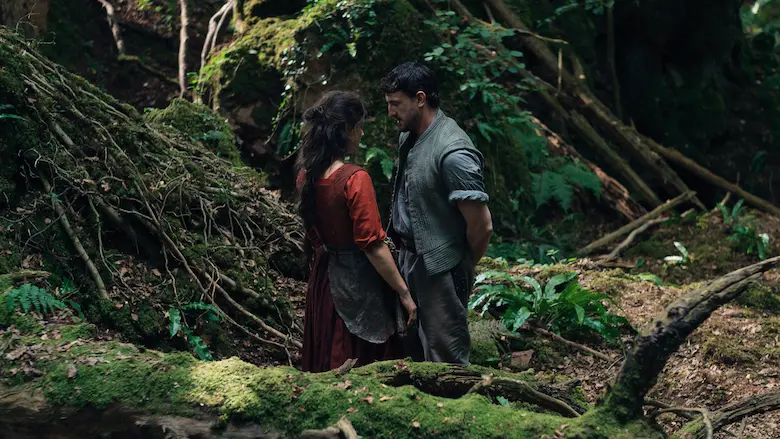
Hamnet review: Metamorphosis in the life of Shakespeare, with Paul Mescal, Jessie Buckley
To be or not to be; director Chloé Zhao answers yes with the story that conceived Shakespeare's seminal Hamlet
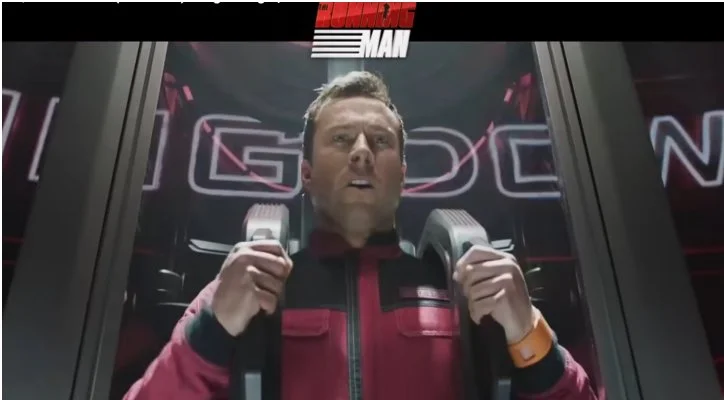
Movie review Running Man
The film is a remake of the 1980s cult classic starring Schwarzenegger.
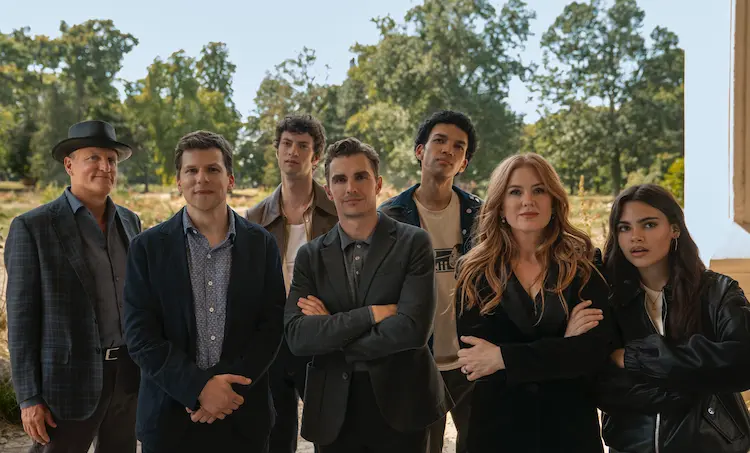
Now You See Me: Now You Don’t; The series’ latest struggles to spellbind
The next stage of the magical mavericks leans on humdrum hocus-pocus to pull Rabbit out a hat at the box-office
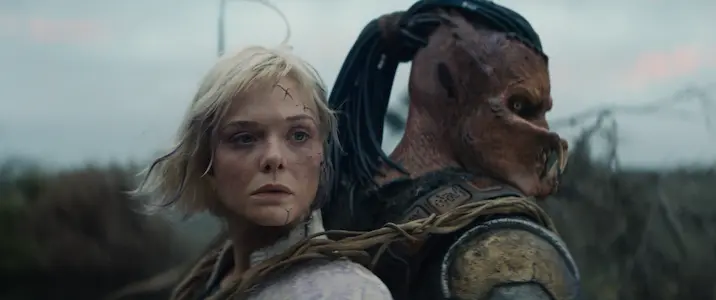
Predator: Badlands reshapes the genre classic in the new movie
A new angle on the unearthly huntsman hopes audiences “Get to the choppa!” and take it straight to the theatre

